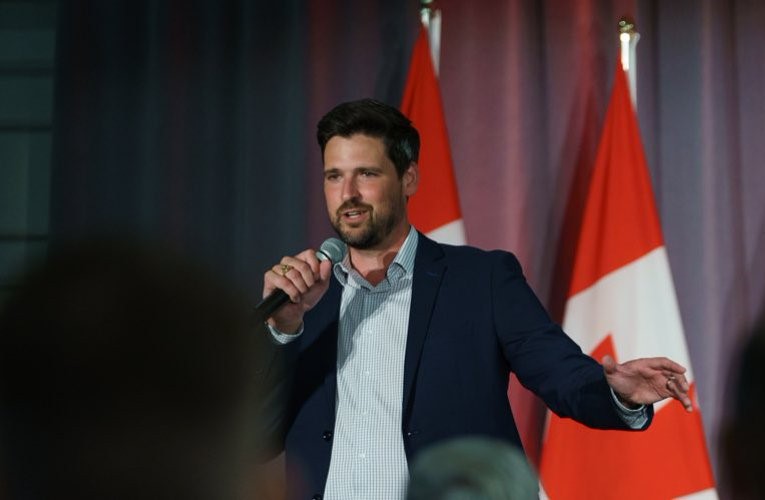
Canada to offer permanent residency to 4.3 lakh people in 2022
The country plans to hire up to 1,250 workers to tackle the high number of immigration applications, clear the backlog and meet its immigration goals

Canada is on track to exceed its immigration goal of granting permanent residency to 4,30,000 people in 2022, according to Sean Fraser, the country’s Immigration Minister. He added that the ministry plans to hire up to 1,250 workers to tackle the high number of immigration applications.
According to official data, Canada’s population had risen to 37 million people in 2021, up by 5.2 per cent from 2016, driven mostly by immigration. This comes as good news for a country which depends on immigration to drive its economy, and has set a goal of adding 4,51,000 permanent residents in 2024.
About 2,75,000 permanent residents were added to Canada’s population by the end of July 2022.
Also Read: Canada’s green card schemes to resume from July 6; process to be speeded up
Fraser said this puts the country well on track to exceed the goal of adding 4,31,000 permanent residents by the end of 2022.
“What we’re seeing right now is a record number of cases coming in for applications and record productivity. But the demand is exceeding our processing capacity for the time being,” Fraser added.
The Immigration Minister said 54 per cent of applications were considered in the backlog. However, the new hires would help process them, reducing wait time for fresh applicants.
Also Read: Canada’s new permits let PG students work for 18 more months
Expedition of visa process
Meanwhile, the High Commission of India (HCI) in Ottawa has requested Canadian authorities to expedite the processing of visa applications for Indian students. It pointed out that “Indian students have already deposited tuition fees”.
Canadian universities have raised this concern, too, saying they have put “in place contingency plans, to support those incoming students who do not receive their study permit in time” when term begins in September, according to a Times of India report.
“Some institutions will provide a remote option for students unable to reach Canada at the start of the term because they have not yet received a visa. Students can contact the university/institutions to find out which courses have a remote option, and to discuss their options in case some do not,” said an HCI advisory recently.

